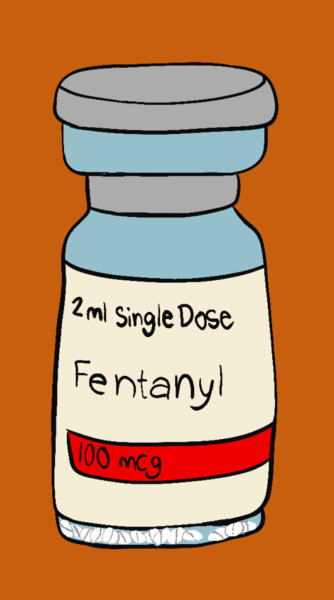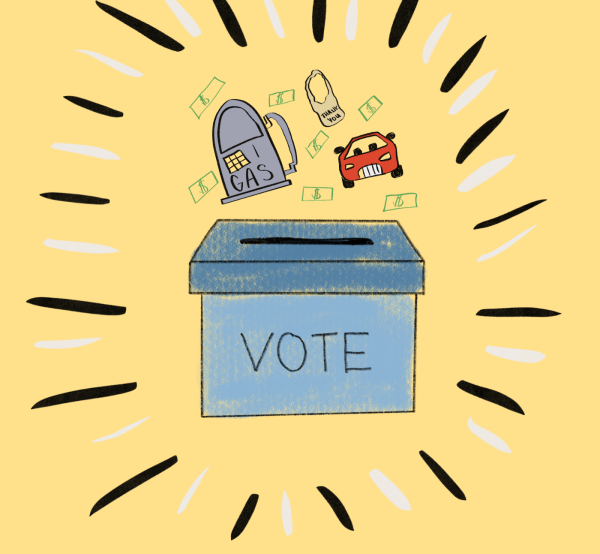Coronavirus update *out-of-date*
April 6, 2020
The US death toll for Coronavirus has risen past 30, which is just a small part of the more than 4,300 confirmed deaths around the globe at press time. The Coronavirus is part of a family of viruses that affect animals, but the recent outbreak of COVID-19 has made the jump to humans. It’s also dangerous, as 20 percent of its cases are classified as severe or critical, with the death rate at approximately 2 percent.
The outbreak is believed to have started in a “wet market” in Wuhan, China, where dead and live animals from fishes to birds are sold. These markets present to a high risk for viruses, as hygiene standards are difficult to keep when live animals are densely kept and butchered on site. Although the specific animal source of the virus is not identified, its original host is thought to be bats that later on infected the animals at the Wuhan market.
Symptoms of the coronavirus may include fever, dry cough and shortness of breath. So far, over 118,000 cases have been confirmed worldwide, and the vast majority are in China, but the virus has spread to dozens of other countries as well, including every country in Europe.
The virus is spread similarly to a cold, when a person coughs or sneezes, and spreads when others touch infected surfaces. The virus is caught when people touch their hands to their eyes, nose or mouth. The most effective way to protect oneself from the virus is to constantly wash one’s hands thoroughly with water and soap or use a hand sanitizing gel.
No one knows when the Coronavirus epidemic is expected to end, as scientists around the globe are still observing and learning about the virus in order to create effective treatments. Unfortunately, the virus has hit a lot of undeveloped countries, where infected citizens struggle to receive adequate health care. Virus outbreaks in the past, including Ebola and H1N1, continued to grow worse before getting better, and this may apply to the Coronavirus as well.
For now, the best we can do is take precautions, create good hygiene habits, and hope for the best.








